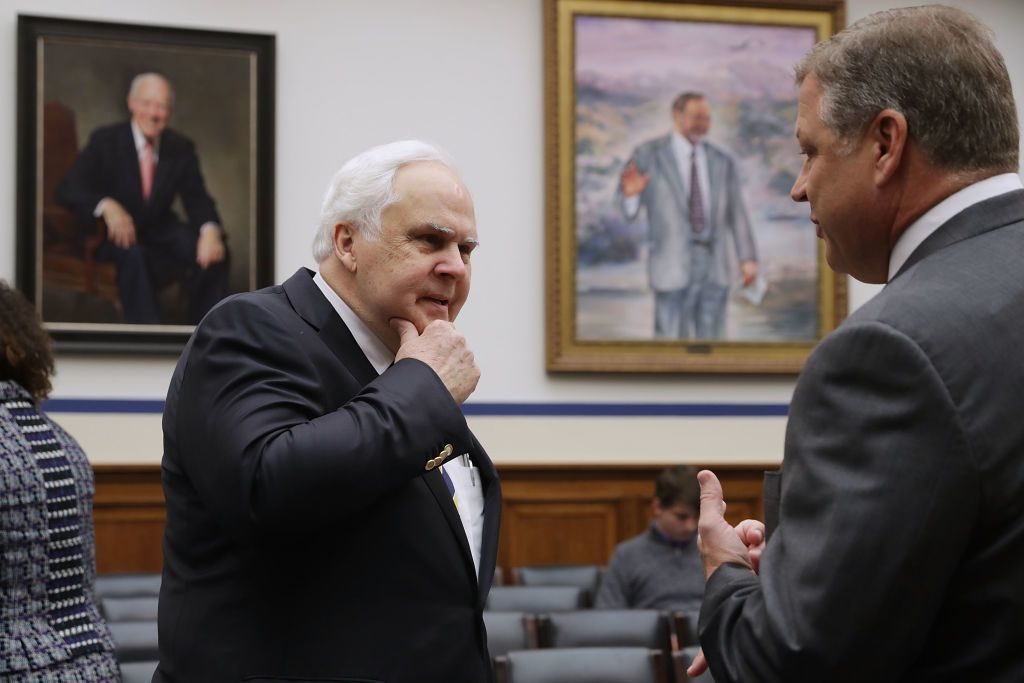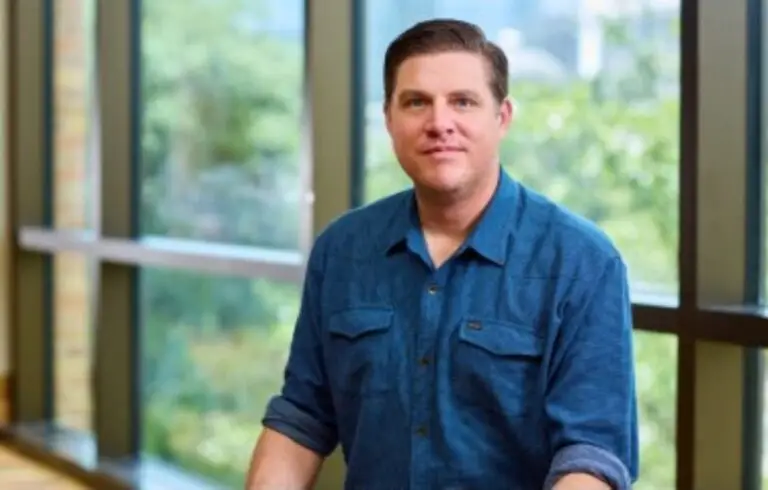
The bright idea for FedEx came from a college term paper that founder Frederick W. Smith’s wrote while at Yale in 1965.
After graduation and then serving in Vietnam with the Marines, Smith returned to the U.S. and launched FedEx in 1971. The fledging startup lost lost $29 million in its first 26 months, but Smith found a way to keep the company afloat by winning $27,000 at the blackjack tables in Vegas.
Flash forward 46 years, and FedEx reported a record $60 billion in sales in fiscal year ending in May 2017 after recent acquisitions, including TNT Express, and an $1.8 billion investment in aircraft.
Smith told Fortune that the key to his success is “having an effective strategy and everyone understanding what that strategy is.” Part of that strategy is fostering a culture of innovation at FedEx so that every one of the company’s 400,000 employees understands that “you have to change constantly.”
“There’s an old saw, I don’t know who said it but whoever it was, was pretty smart,” Smith says. “If you don’t like change, you’re going to hate extinction.”
Since founding FedEx in 1971, he has been an active proponent of regulatory reform, free trade, and “open skies agreements” for aviation around the world. Most recently, he has advocated for vehicle energy-efficiency standards and a national energy policy.
Smith is co-chairman of the Energy Security Leadership Council, a trustee for the United States Council for International Business, and a member of the Business Roundtable. He served as chairman of the U.S.-China Business Council and is co-chairman of the French-American Business Council.
He’s No. 59 on Chief Executive and RHR International’s CEO1000 Tracker, a ranking of the top 1,000 public/private companies.







